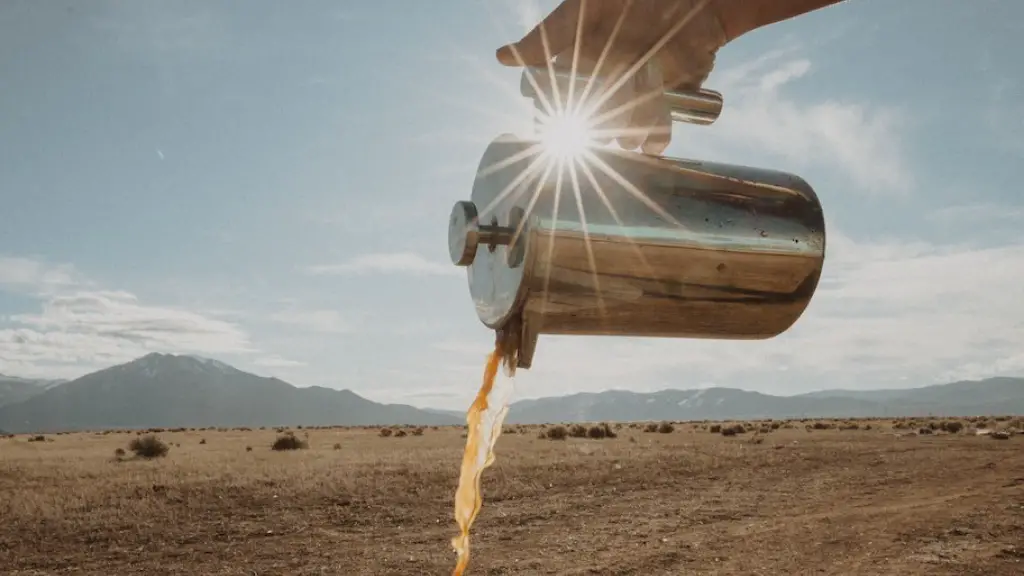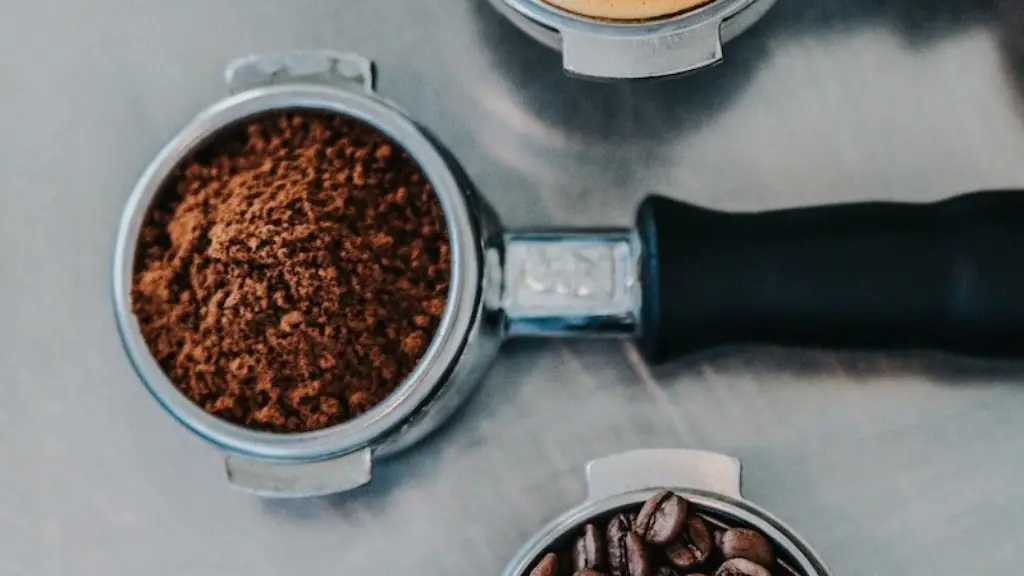Introduction
Coffee is a drink that many enjoy as part of their regular daily routine, and for good reason — it can provide much-needed energy and alertness for any number of activities. It can also be beneficial in some medical situations. However, is it safe to drink coffee when dealing with health issues such as kidney stones? In this article, we will take a look at this important question. We will examine the risks and benefits of drinking coffee with kidney stones, as well as look at what experts have to say about the subject. We will also explore other potential causes and possible preventive measures for kidney stones.
Cause of Kidney Stones
Kidney stones are one of the most common causes of lower urinary tract pain, affecting most adults at some point in their lifetime. Smaller stones may pass without affecting the patient’s daily activities, but larger stones can be quite painful and disrupt one’s quality of life. The exact cause of kidney stones is still debated, but it is known that genetics and dietary habits can play a role in stone formation. Diet is believed to be responsible for about 80% of kidney stones.
Coffee and Kidney Stones
Coffee is believed to be a contributing factor in kidney stone formation, as it is a high-oxalate beverage. Oxalate helps form calcium oxalate crystals, which are the most common type of kidney stones. Studies have suggested that higher coffee intake can lead to increased calcium excretion and higher risks of stone formation in individuals.
However, coffee is not the only factor that is linked to stone formation. High intake of sodium and animal proteins can also contribute to the risk of stone formation, as can some underlying medical conditions. It is important to understand how coffee affects the body before making a decision about whether or not to drink it.
Is it Safe to Drink Coffee With Kidney Stones?
Given all the evidence, it is safe to conclude that drinking coffee may not be the best idea when you have kidney stones. If you are at risk of developing kidney stones, it may be wise to reduce coffee intake or avoid it altogether. However, this is a judgement call that needs to be made on an individual basis. Each person’s body reacts differently to coffee, and it is important to be mindful of any signs that it is affecting you adversely.
It should also be noted that people who already have kidney stones should speak to their doctor before making any changes to their diet or medical plan. In some cases, coffee may be beneficial to people with certain kidney conditions and recommended by their health care professional. Consulting a doctor is always the best way to make sure you are getting the best care.
Alternatives to Coffee
If you are looking for an alternative to coffee, there are several options available. Green tea is a great option, as it contains antioxidants and polyphenols that can help protect against stone formation. Herbal teas are also an excellent choice, as they contain no caffeine and offer many health benefits.
Another great option is to make your own brews at home. Experiment with different recipes and ingredients to find something that you enjoy. For example, you can try a combination of chamomile, ginger, and lemon for a calming and soothing brew. Just make sure to use fresh, quality ingredients and avoid added sugar if possible.
Preventing Kidney Stones
When it comes to preventing kidney stones, it is important to make sure you are drinking plenty of fluids. Staying hydrated is key, as it helps to flush out the urinary system and decrease the crystallization of calcium and other substances. It is also important to maintain a balanced diet that is low in salt and animal proteins.
Regular exercise also helps to reduce the risk of stone formation, as it decreases the amount of residuals in the urine. This can help to decrease the odds of developing stones. Lastly, it is important to book regular check-ups with your doctor, as this can help to diagnose any underlying causes that may be leading to stone formation.
Natural Remedies
In addition to preventive measures, there are some natural remedies that may be able to help relieve the symptoms of kidney stones. Some of the more popular remedies include drinking cranberry juice, which can help to reduce the pain associated with kidney stones. Apple cider vinegar is another popular remedy, as it can help to reduce the size of the stones. Finally, dandelion tea can help to improve kidney function.
Although these remedies can be beneficial for some, it is important to make sure to speak to a doctor first before using any kind of alternative medicine. In some cases, these treatments may not be suitable for individual’s health condition.
Medical Treatments
Sometimes, medical treatment is the only option for treating kidney stones. The most common treatment is extracorporeal shockwave lithotripsy (ESWL), which involves shockwaves being sent to break up the stones. Another option is ureteroscopy, where a doctor inserts a small tube into the ureter to locate and remove the stones.
In some cases, kidney stones may be small enough to pass out of the body on their own. If this is the case, then it is important to ensure that you are drinking plenty of fluids to help the stones move. Painkillers such as ibuprofen can also help to reduce the pain associated with passing the stones.
Surgery
In some cases, surgery may be necessary to remove large or complex kidney stones. Surgery may involve using a device called a percutaneous nephrolithotomy, which is a minimally invasive method of stone removal. There are also other surgical options, such as open stone removal, that may be necessary.
Before opting for surgery, it is important to talk to your doctor about any potential risks. Surgery may be necessary in some cases, but it should only be considered as a last resort.
Conclusion and Summary
When it comes to kidney stones and coffee, it is important to take into account all the potential risks and benefits. Coffee is a high-oxalate beverage, and high intake of oxalates can contribute to stone formation. While coffee may be beneficial in some medical situations, it is important to understand how it affects the body before making any decisions.
It is important to speak to a doctor before making any changes to your diet or medical plan. Many alternatives to coffee are available, such as green tea and herbal teas, that can offer many health benefits. In addition to reducing coffee intake, preventive measures can be taken to help reduce the risk of stone formation. Natural remedies and medical treatments can then be used depending on the severity of the stones.


